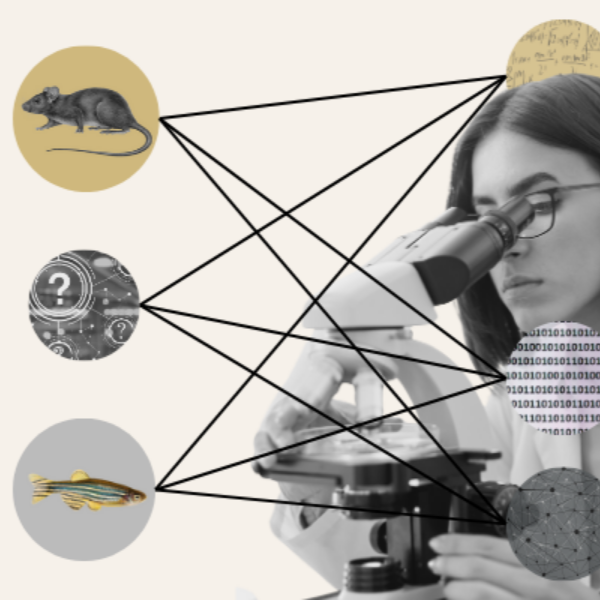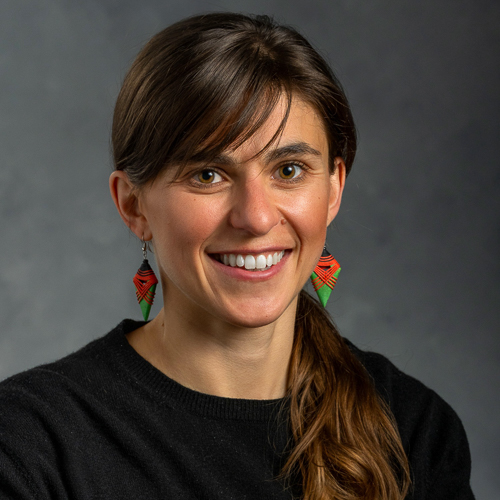First MSU Ph.D. student to Receive Beinecke African Conservation Scholarship Will Study Albertine Rift
Samuel Ayebare, a Ph.D. student in Integrative Biology and the Ecology, Evolutionary Biology and Behavior (EEBB) program, is the first MSU student to receive a prestigious Beinecke African Conservation Scholarship from the Wildlife Conservation Society (WCS).
Established in 1996, the Beinecke African Scholarship Program was established in cooperation with the WCS to support African students pursuing graduate studies in conservation or wildlife ecology at a University in the United States. To date, a total of 36 Beinecke African Scholarships have been awarded—only two are chosen each year.
Samuel plans to conduct his research in the Albertine Rift that straddles the borders of Uganda, the Democratic Republic of Congo, Rwanda, Burundi, and Tanzania. It is one of the most biodiverse regions of the African continent, supporting numerous rare plants and animals. The rift, which has high levels of species endemism, is considered irreplaceable and is designated as one of the 238 most unique ecoregions in the world.
“I am very honored to have been awarded a WCS Beinecke African Conservation Scholarship,” said Samuel, who arrived in East Lansing this August. “A love for nature and life sciences, coupled with the passion to make a contribution to the conservation of biodiversity, inspired me to aim for a career in conservation.”
Originally from Uganda, Samuel graduated with a B.S. in wildlife health and management from Makerere University Kampala in 2006 and obtained an M.S. in environmental sciences from the University of Rhode Island in 2011, where he focused on assessing the impacts of oil and gas activities on the spatial distribution of large mammals in Murchison Falls National Park, Uganda.
“The Beinecke scholarship will enable me to continue on a conservation journey that began when I was in high school and continues at MSU, where I can explore the links between basic and applied biological research,” said Samuel, who will study with Integrative Biology quantitative ecologist Elise Zipkin. “At a professional level, I believe that enrolling for a Ph.D. program in integrative biology with a focus on quantitative ecology will improve my capacity to carry out applied biological research.”
“Samuel’s extensive research experience and his previous work with conservation organizations made him a top recruit to our program,” said Elise Zipkin, whose lab seeks to understand how species respond to environmental conditions by identifying the climate and habitat factors responsible for observed variations in species distributions and abundances. “I am excited to see how Samuel’s research develops at MSU and eager to work with him on important scientific and conservation problems.”
“Conservation of biodiversity in the Albertine Rift faces numerous threats including habitat loss and fragmentation, potential impacts of climate change, invasive species, poaching, poor wildlife management, and industrial development impacts, among others,” Samuel explained. “My research interests are focused on understanding how wildlife population levels change over time and the factors influencing their distribution and persistence. I am excited to develop models that will monitor population change and predict niche dynamics and species abundance.”
For more information about the Beinecke African Conservation Scholarship Program, please visit: http://fdnweb.org/beinecke/program/.



